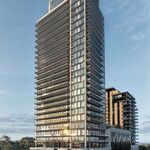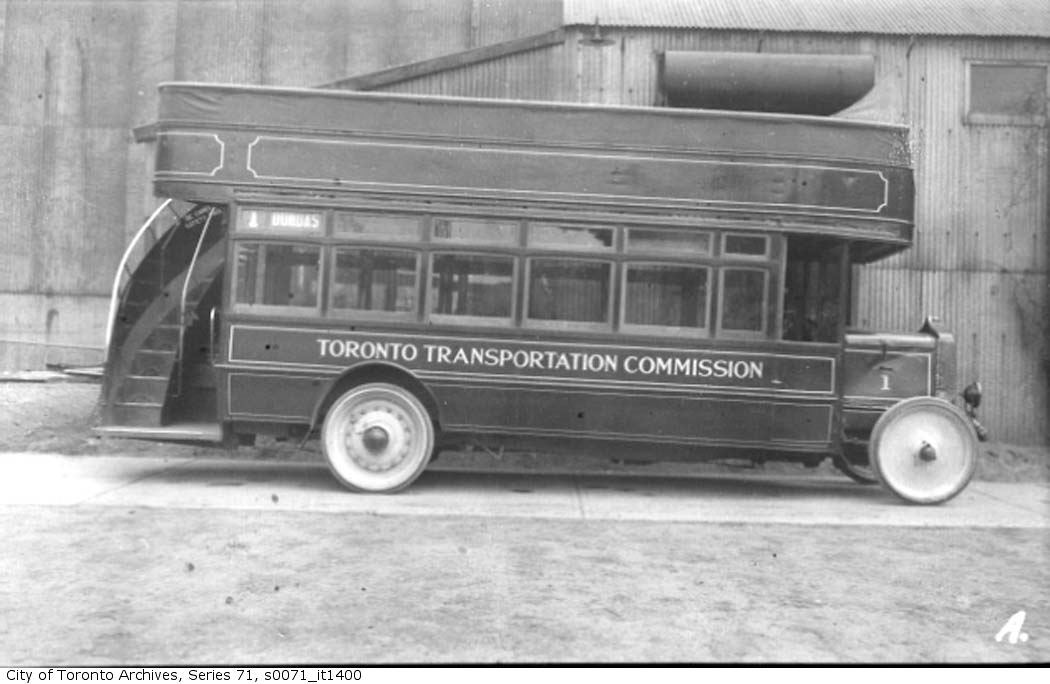steveintoronto
Superstar
They'd be wasting their time if they did. Every single alternative technology the TTC has tried to date has been a complete failure: CNG, Hybrid, Bio-Fuel, you name it they cant get it right.
Since some are hung-up on semantics ("phase-out" and "eliminate" do not mean the same thing, the former meaning 'over time') here's the release from the Mayor's Office:First the title is not entirely true. the plan is to stop PROCURING by next year not phase out.
https://www.london.gov.uk/press-releases/mayoral/sadiq-to-stop-buying-dirtiest-diesel-busesSadiq to stop buying ‘dirtiest’ diesel buses and unveils hydrogen bus
30 November 2016
Sadiq Khan today unveiled in London the world’s first double-decker hydrogen bus, as he committed to phasing out purchasing new pure ‘dirty’ diesel buses from the capital.
- No more new pure diesel double-deckers added to bus fleet from 2018
- All new single-deckers for central London to be zero-emission
He revealed that no more pure diesel double-deck buses will be added to the capital’s fleet from 2018 and that all new single-decks for central London will be zero-emission.
It is estimated that the equivalent of 9,400 premature deaths occur each year in London due to illnesses caused by long-term exposure to air pollution and diesel vehicles are recognised as a major contributor to pollution and associated health impacts.
The new hydrogen double-decker is at the forefront of green technology and will be trialled on London’s roads next year. It is made by leading UK bus manufacturer Wrightbus and forms part of the Mayor’s plan to transform the capital’s bus fleet by phasing out the oldest and most polluting diesel buses, and making the entire fleet ultra-low or zero emission.
The Mayor unveiled the new bus as he and Deputy Mayor of Transport, Val Shawcross, met with international city officials, bus manufacturers, financiers and technology providers attending an International Zero-Emission Bus Conference and Summit at City Hall.
Sadiq Khan is calling on other cities to follow London’s lead and work together to challenge bus manufacturers to produce more zero-emission buses and make cleaner bus technology cheaper.
Eleven other major cities – including New York, Los Angeles, San Francisco, Amsterdam, Copenhagen and Cape Town – have already responded to the call and agreed to begin moves to phase out their procurement of pure diesel buses by the end of 2020. In addition, Paris, Madrid and Mexico City have committed to removing diesel buses from their cities by 2025.
The Mayor of London, Sadiq Khan, said: “I want London to become a world leader in hydrogen and electric bus technology. I’m implementing hard-hitting measures to clean-up London’s toxic air and it’s great that more cities are getting on board to phase out the procurement of pure diesel buses which sends a clear signal that only the cleanest technologies are wanted in our cities.
“Transforming London’s bus fleet by accelerating the introduction of zero-emission buses is important and I plan to work with bus manufacturers, other cities, the European Commission and the C40 Climate Change Leadership Group of Cities to move this agenda forward.”
As part of his commitment to cleaning the capital’s air, the Mayor wants all London buses to meet the Ultra-Low Emission Zone standard during 2020.
Mike Brown MVO, London’s Transport Commissioner, said: “We’re determined to make our public transport system one of the cleanest in the world and phasing out diesel buses lies at the heart of this. Zero emission buses are the future, and my staff are working hard with manufacturers and bus companies to make them a reality in the Capital as quickly as possible.”
Greener buses often have higher up-front capital and infrastructure costs than polluting diesel buses. To help address this issue, the C40 Climate Change Leadership Group of Cities has announced it will host a Finance Academy in April to help cities unlock funding for more zero emission buses and the supporting infrastructure required. There will also be a new European platform to align funding opportunities and coordinate planning/procurement by EU cities.
The EU Transport Commissioner Violeta Bulc attended today’s conference to highlight the European Commission's efforts to support and encourage the uptake of zero emission buses across Europe.
She said: "I congratulate the cities of London and Paris on their far-reaching plans to deploy clean buses. European cities are global frontrunners, and I encourage all cities to make use of European funding opportunities to support this transition. Better co-operation of public authorities, operators, manufactures and finance is needed now. Therefore, we are developing a deployment initiative for clean buses at European level, including a platform to better align planning and investment. I invite all relevant partners to come on board."
London has committed to procuring roughly 300 zero emission buses by 2020, with 51 battery electric buses recently going into service on the 507/521 route, taking the number of completely electric bus routes to three, with 79 zero emission buses in total in the fleet.
Ms. Lan Marie Nguyen Berg, Vice Mayor for Environment and Transport, City of Oslo, said: "Oslo stands with London as cities taking climate action. Zero emission buses are vital for the climate and better for our cities. We endorse this bold step towards a zero emission society.
The Lord Mayor of Copenhagen, Frank Jensen, said: “In Copenhagen, all new buses will be based on zero emission and low noise technologies from 2019. I am pleased that London and Copenhagen are joining forces in the important task of reducing air pollution, noise and climate change by committing to deploy zero emission buses in our cities.“
The manufacturer of the hydrogen double-decker, Wrights Group Chairman and CEO Mark Nodder OBE said: “This exciting new zero-emissions bus, using hydrogen fuel-cell technology, is the pinnacle of our on-going work to deliver highly innovative buses with the best environmental credentials. Buses like this have the potential to make a massive contribution to improving the air quality of London and our major cities."
The Deputy Mayor for Environment and Energy, Shirley Rodrigues, will be attending the C40 Climate Change Summit in Mexico this week to work with other cities to accelerate action on cleaning up emissions.
Mark Watts, Executive Director, C40 Cities Climate Leadership Group said: “Transport is a major source of emissions for cities around the world, and tackling emissions from diesel buses is one of the most important steps a city can take. London was a key champion and signatory of C40's Clean Bus Declaration last year and now with leadership from Mayor Khan, the city is ramping up ambition even further by stopping the procurement of pure diesel buses from 2018. Strong mayoral leadership and a committed administration are helping deliver this transformation. Other C40 cities are taking note, and we look forward to more cities standing alongside London to transform their bus fleets."
Notes to editors
Notes to editors
MEDIA ENQUIRIES: Press information is available by emailing economicdesk@london.gov.uk or calling 020 7983 4070.
- At least 20 new hydrogen buses will be delivered as part of a £10m part-EU funded project supporting hydrogen technology, with TfL providing at least £5m in funding.
- The proposed London-wide Ultra-Low Emission Zone standard for heavy diesel vehicles, including buses, is a minimum of Euro VI.
- Other cities are joining the Mayor in moving their fleets to zero emission technology, including Cape Town, Copenhagen, Hamburg, Los Angeles, New York, Oslo, Rugao (China), Amsterdam and San Francisco. Together these cities have committed to procuring 1,000 zero emission buses using either electric or hydrogen technology over the next five years. This is turning into reality the commitment made by the 26 cities who signed the C40 Clean Bus Declaration in June 2015.
GENERAL PUBLIC/NON-MEDIA ENQUIRIES: Call the Public Liaison Unit at the Greater London Authority on 020 7983 4100.
DUTY PRESS OFFICER: For out-of-hours media enquiries, please call 020 7983 400.
Edit to Add: To be clear, unless the Hydrogen is utilized in a membrane type cell, and instead is used in a combustion engine, unless pure Oxygen is used as the oxidant, there will be emissions (NOx and others). However, they will be a *fraction* of what is now produced by diesel or gasoline. Research continues on producing high-functioning fuel cells, which will be atmosphere emission free, for gasoline and gaseous hydro-carbons. London is using fuel-cells, result, unless there is a fault, is water and
Like it or not, this is the future unfolding, and diesel, for all intents and purposes for major fleets in modern cities, is being retired fast. The TTC "must keep an eye on this unfolding" and be ready to embrace it shortly when the time is opportune, if it isn't already.
Last edited:






